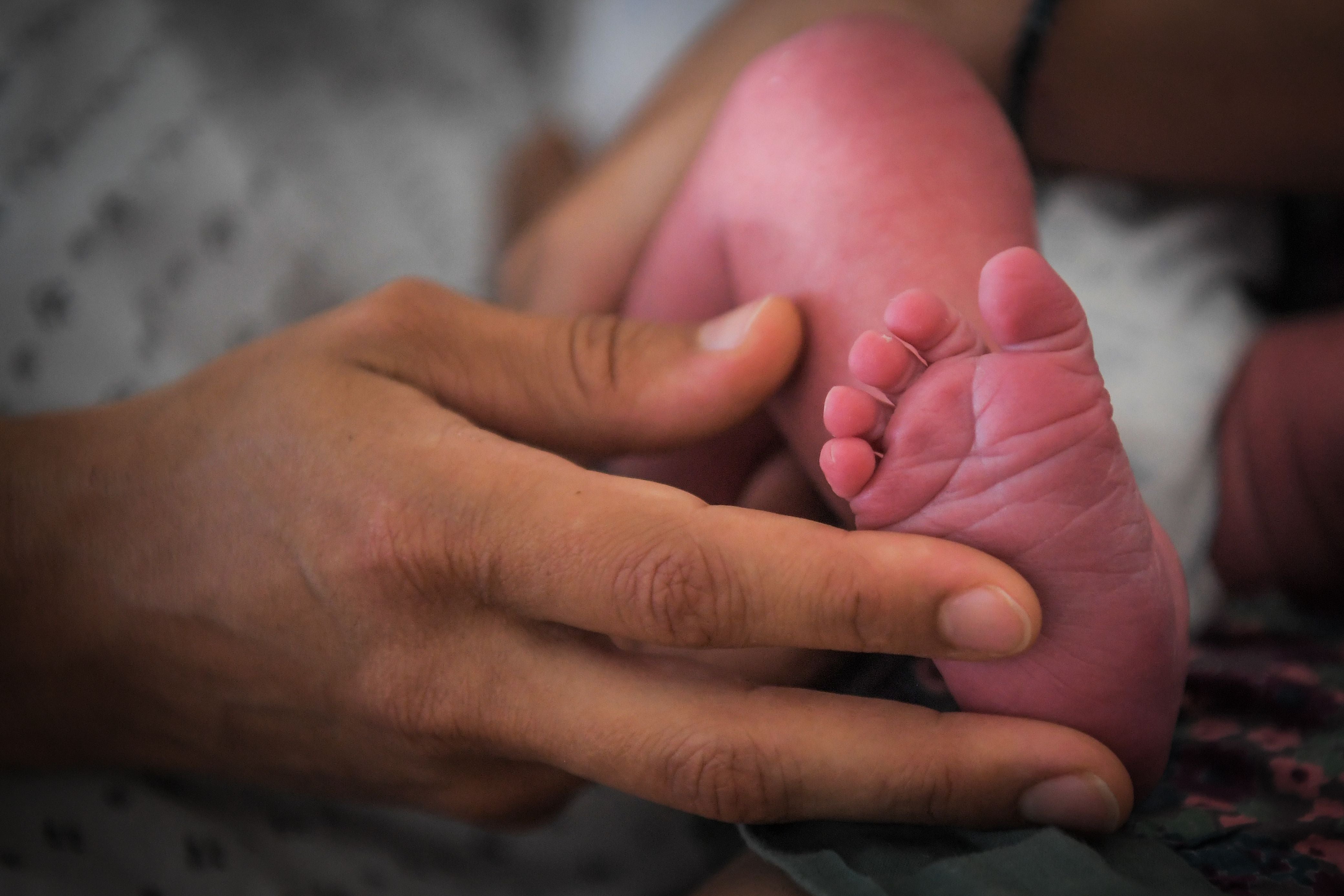Italian children should be given both parents’ surnames at birth, court rules
Italy’s family minister says ruling is a ‘fundamental step in achieving equal rights between women and men’

Italian children should be given the surnames of both parents, the constitutional court has ruled, reversing the tradition of all newborns being automatically named after their fathers.
The court ruled that the nation’s longstanding norm is “discriminatory and harmful to the identity” of the child, and said both parents should be able to choose the surname.
Italian children will still be able to have one surname if the mother and father agree, the court said, with Italy parliament expected to impelement the decision with new legislation.
“This issue has been dragging on from one parliamentary term to the next, it is time to decide,” said Renate Gebhard, president of the South Tyrolean People's Party (SVP).
“It is now up to Parliament to make this leap forward in terms of civilisation,” added Laura Boldrini, an MP for the Democratic Party.
Italy’s family minister, Elena Bonetti, said the government would support the ruling.
“We need to give substance [to the decision] and it is a high priority and urgent task of politics to do so,” she wrote on Facebook, adding that parents should take equal responsibility for a child's upbringing.
She added that the ruling was “another fundamental step in achieving equal rights between the women and men of our country” and Italy had until now carried a “story of male biographies”.
“The surname is part of one’s identity and personal history, a story that we can now pass on written in the feminine.”
It is standard for Italian women to keep their last names, and it is typical for mother and child in Italy to have different surnames — similar to countries such as South Korea. The court’s ruling would align Italian naming practices with those of countries such as Mexico, where children’s surnames are often composed of the father’s followed by the mother’s.
Pope Francis and Italy’s political leaders have expressed concerns about the impact of a declining birth rate on the country, with the rising cost of raising children seen as one of the main factors.
Join our commenting forum
Join thought-provoking conversations, follow other Independent readers and see their replies
Comments
Bookmark popover
Removed from bookmarks